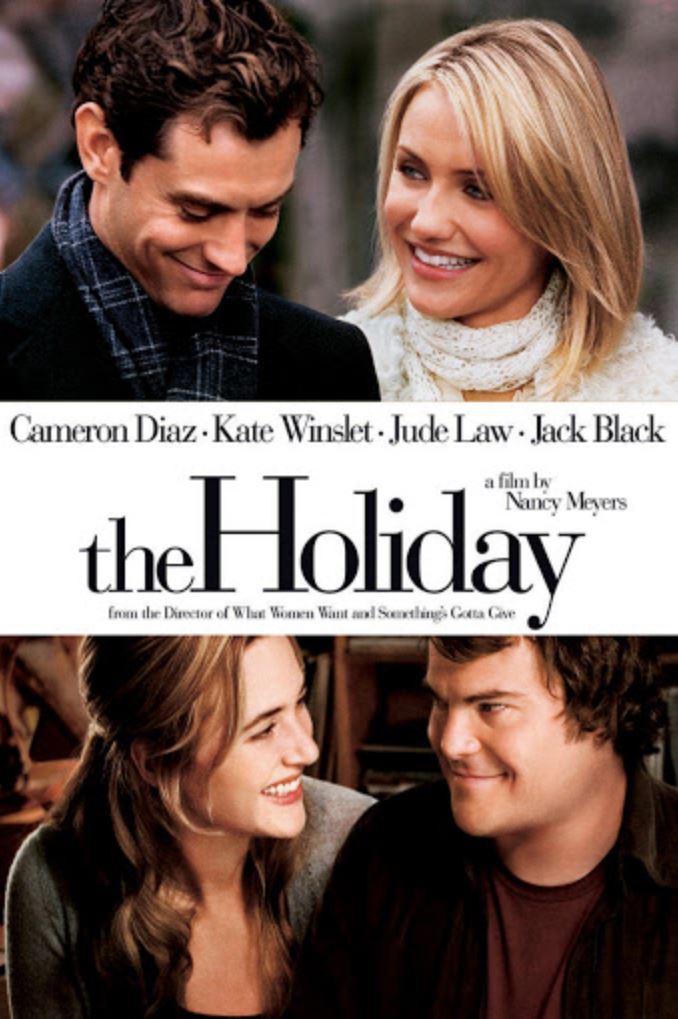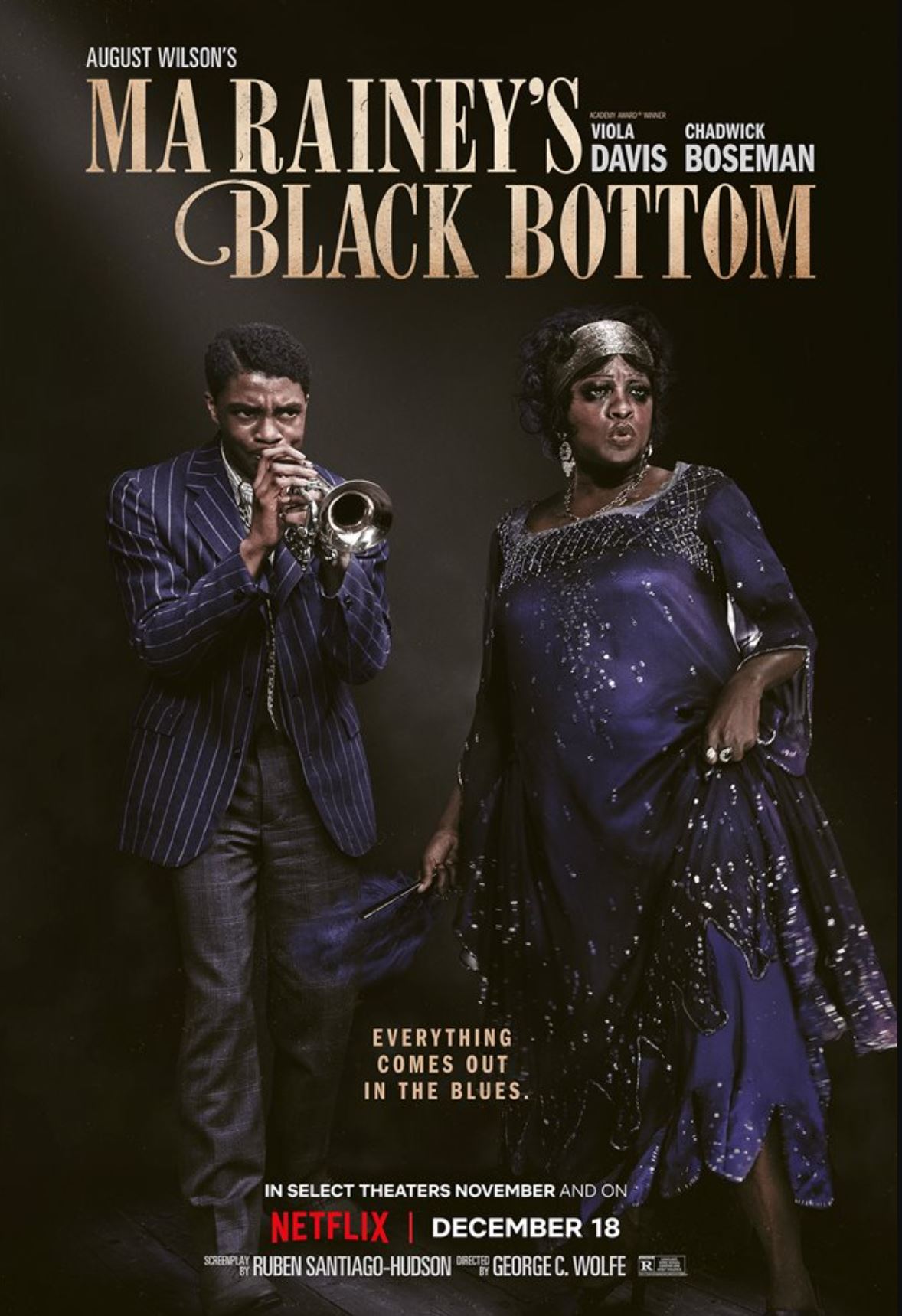Crying into a white cashmere throw



We are going to go deep into some media/social media/film drama right now.
Let’s get the players in place. It’s Nancy Meyers Week at Vulture (my bias right up front, love Vulture) and this specific piece written by Rachel Handler, “A Chaotic Taxonomy of the Nancy Meyers Universe” has upset Nancy’s daughter, Hallie Meyers-Shyer.
There are multiple pieces in the package, including an interview with Cameron Diaz about The Holiday and an interview with Nancy herself, all written by Handler. It is fair to call her an expert in Nancy’s work.
In the piece in question, Handler breaks down the elements of Nancy’s films, from rakish men to bathtubs to divorce. Handler’s assessment of these cinematic markers is an analysis of the work. She writes, “This is not meant to reduce Meyers’s filmography to a series of qualifiers but rather to argue that she should be discussed, much like the Werner Herzogs and the Terrence Malicks of filmmaking, as an auteur in her own right. In hopes of working toward a grand theory of Nancy Meyers, I’ve broken down Meyers’s movies into their component parts — repeated themes, outfits, and protagonists’ afflictions — to figure out which are the least and most Nancy Meyers–esque.”
She also lists the films she did not include (like Jumpin’ Jack Flash, which Nancy wrote under a pseudonym) and a film she included that was not directed by Nancy, Home Again, which was directed by Hallie Meyers-Shyer, who yesterday took to Instagram to accuse Handler’s dissection of her mother’s work as sexist.
https://twitter.com/alex_abads/status/1339237509100761088?s=21
Nancy Meyers’ films center women, yes, but why does that mean we cannot talk about the details of how those characters live in their worlds? Costume design is an art and Nancy’s masterful use of clothing should be celebrated, not ignored. Dressing older women in all-white power suits is part of the texture of these films. As are the kitchens. If the kitchens weren’t important, why are they such a focus in so many of her movies? Why are scenes written to happen around the island? (In It’s Complicated, part of the plot centered around a kitchen renovation.) This is purposeful and important to the storytelling. For Hallie to say her mother’s films are above this kind of critical dissection is doing a disservice to the work. It IS the work.
The kind of detailed writing Handler is doing happens all the time around the work of auteurs, like the music in a Scorsese’s films, which has been covered ad nauseum (like here) or the Red Apple Cigarettes in a Tarantino movie or the costumes in a Marvel movie (which are seen as having importance equal to the nuke codes). It is not sexist to break a cinematic universe down to its parts, its language, to appreciate how it all comes together. If anything, this package is long overdue.
Hallie’s point that She! Is! Pregnant! and her mother did all this while also raising a family is I’m sure very personal to her, but in the scope of the Nancy Meyers Cinematic Universe, I’m more interested in reading about how often Nancy’s characters go to therapy and “protagonist gets too drunk/high to comedic effect” tropes. I want to read about Nancy’s bag of tricks and how they are effective and charming over different decades and films.
Hallie’s defensiveness becomes clearer when we get to her own film, Home Again. Handler included it as part of the Nancy Meyers Cinematic Universe because it was produced by Nancy and trades in her themes (well-to-do white woman Reese Witherspoon gets her groove back). Home Again was not received that well; Handler calls it “a Westworld robot version of a Nancy Meyers movie. And it’s a fascinating cultural object because of this, further proving the notion that you can do everything exactly like Nancy Meyers, but you cannot ultimately re-create Nancy Meyers.” (Emphasis hers.)
I would imagine that burns. In fact, I know it does because Hallie wrote she’s not “particularly concerned” what Handler thinks of her movie, which is a dead giveaway that she cares very much what Handler thinks about her movie. It’s understandable to a point, but it falls apart when she pulls on the threads of privilege to say she shouldn’t have to defend that she directed her film, a misleading grievance. Handler does not imply Hallie didn’t direct Home Again; in fact, quite the opposite. Handler’s writing makes clear that she thinks Hallie directed a facsimile of her mom’s work.
Hallie also compares herself to Sofia Coppola and Jason Reitman, who both are connected to their fathers, implying that they don’t get the same treatment. They do. And you know what? They have to live with it because that’s what happens when you have a parent whose influence and help in getting you started as a director is immeasurable.
Tavi Gevinson, someone I consider to be the last good person on the Internet, commented this on Hallie’s post:
https://twitter.com/rachel_handler/status/1339313817289973760
This part resonated, “I suppose I take charges of sexism seriously and I don’t think that’s what’s going on here.” As does “I don’t think her (Coppola) or Reitman’s movies are thematically as close to their parents’ as Home Again was to yours.” There it is, in plain language: Hallie made a movie in her mother’s liking and it didn’t measure up. Period. You can bet that when Jason Reitman’s Ghostbusters: Afterlife comes out there will be a lot of talk about his father, because that’s the cost of benefitting from the family business. If Sofia Coppola were to make a mob movie, it would be compared to The Godfather.
In Hallie’s post, she defends herself against unmade accusations of nepotism by invoking a “woman supporting woman” kind of feminism. It’s surface and it’s hollow and it doesn’t line up at all with what Vulture is doing. And it attracted that same kind of “preach” support from many women (some very famous) commenting with hearts and the flexing arm. What Hallie did here is not a flex, it’s a disservice to her mom’s work, which deserves to be as celebrated and dissected as closely as Christopher Nolan’s. (Like this piece NPR just did about Nolan’s fascination with time- a theme!) Nancy Meyers Week is a homage to a filmmaker whose success and longevity has been gendered and overlooked for too long. It is Hallie’s interpretation of Handler’s writing that is reductive.
Rachel Handler didn’t read Nancy Meyers’ work wrong, but Hallie Meyers-Shyer sure read Rachel Handler’s work wrong.
https://twitter.com/nwalks/status/1339316080444104705
https://twitter.com/dstfelix/status/1339309909373054977
https://twitter.com/ayoedebiri/status/1339329646920265728

